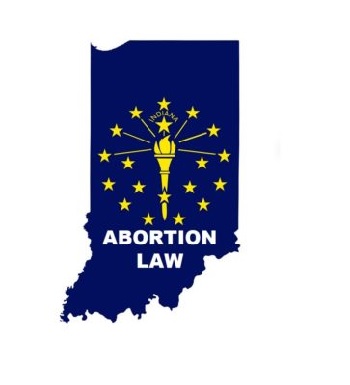
BLOOMINGTON, Ind.–The merits of the state’s new abortion law were argued before special Judge Kelsey Hanlon, Monday afternoon, in a Monroe County courtroom. Planned Parenthood and other organizations are asking Hanlon to stop enforcement of the new law that bans most abortions, except in cases of incet or rape, or if the mother’s life is in danger, or if the child would have a fatal defect.
No decision was rendered Monday, with Hanlon promising to take the arguments under advisement to “issue and order expeditiously”.
Ken Falk, legal director for the ACLU Indiana argued tha case for Planned Parenthood argued the case for PLanned Parenthood, saying that the Indiana Constitution essentially protects a woman’s decision to have an abortion, under a right to privacy.
“If privacy is a core value under Article 1, Section 1,” said Falk, “it must include the ability of women to make decisions on procreation, free from state interference.”
The attorney for the state, Solicitor General Thomas Fisher, defending the new law, pointed out that the section of the Indiana Constitution, Article 1, Section 1, does not mention a right to privacy.
“All free governments are, and of right ought to be, founded on their authority, and instituted for their peace, safety, and well being. For the advancement of these ends, the PEOPLE have, at all times, an indefeasible right to alter and reform their government,” says the article.
Falk argued that the right to privacy is implicit, though not specifically mentioned, as a natural right.
Fisher, in an argument somewhat from a different angle, said that no right to privacy is mentioned in text, and that abortion was prohibited, beginning in 1835. He said the state constitution did not protect abortion, and that framing the case around a right to privacy would imply that any crime could be protected, if invoking a right to privacy, as long as the decision to commit the crime was made in private.
In another part of the lawsuit, Falk argued that allowing abortions to only be performed in hospitals violated Article 1, Section 23, of the state constitution.
“The General Assembly shall not grant to any citizen, or class of citizens, privileges or immunities, which, upon the same terms, shall not equally belong to all citizens,” it states.
Fisher countered by saying that there would be no need for abortion clinics with the narrow range of allowances for the procedure, which include rape and incest. Fisher said those circumstances would require the services of a hospital.
Another lawsuit, which says the new abortion law violates the RFRA law, or the right to freedom of religion, is set to be heard in October.

